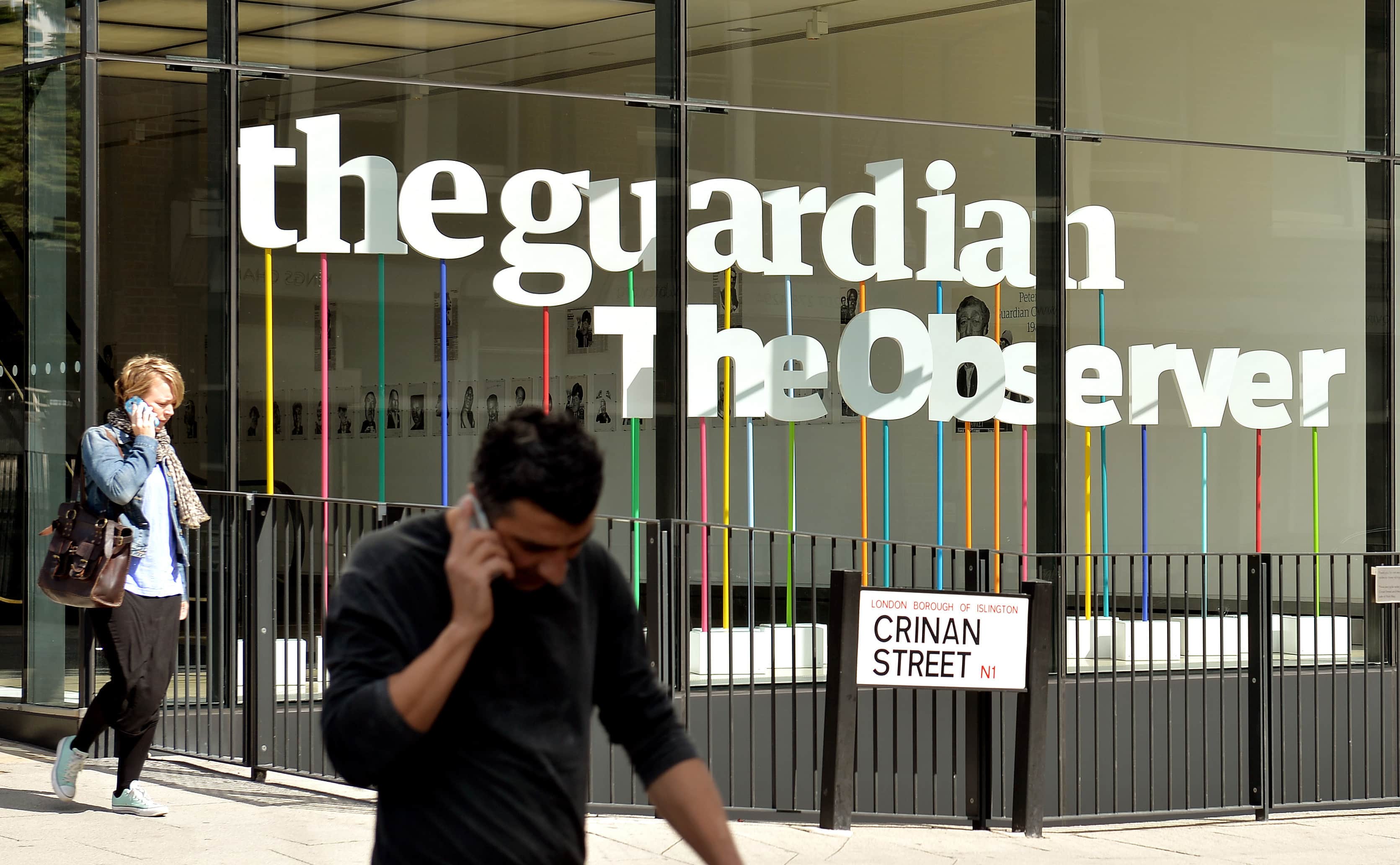U.K. Prime Minister David Cameron has encouraged a House of Commons select committee to review whether The Guardian newspaper has damaged national security by publishing material leaked by Edward Snowden.
On 16 October 2013, the UK Prime Minister David Cameron encouraged a House of Commons select committee to review whether The Guardian newspaper has damaged national security by publishing material leaked by the former NSA contractor and whistle-blower, Edward Snowden.
ARTICLE 19 is concerned that such a review, which will be conducted by the Home Affairs Committee as part of inquiry into counter-terrorism, could have dangerous consequences for media freedom.
ARTICLE 19 continues to be alarmed about the sustained pressure being applied on The Guardian as a result of their reporting of the Snowden disclosures.
“The Guardian‘s reporting of the Snowden disclosures has facilitated a much needed public debate about blanket surveillance by national security agencies without appropriate oversight. It has also exposed the violation of fundamental human rights of millions of people in the UK and around the world. This is exactly the sort of the debate that is necessary in a healthy democratic society” said Thomas Hughes, Executive Director of ARTICLE 19.
“We are deeply concerned that the investigation by the Home Affairs Committee could have a chilling effect on press freedom in the UK and beyond – encouraging editors and journalists to exercise self-censorship when dealing with controversial issues. We urge politicians and the authorities to seriously consider the long term implications of their actions, which may erode freedom of expression in the UK” added Hughes.
Context:
Media freedom:
ARTICLE 19 notes that governments frequently use national security arguments and anti-terrorism powers to suppress the free flow of information and ideas. The shroud of secrecy surrounding matters of national security can allow governments to extend their reach beyond reasonable limits in response to a variety of pressures, thus damaging the very freedoms and rights they purport to defend.
ARTICLE 19 has long argued that public authorities bear sole responsibility for protecting the confidentiality of legitimately secret information under their control. As such, journalists and media organisation should not be subject to liability for publishing or further disseminating this information, regardless of whether or not it has been leaked to them, unless they committed fraud or another crime to obtain the information.
Anyone disclosing classified information should benefit from a public interest defence. When the disclosure of information would cause harm to a protected interest – in this case national security – no liability should be incurred if the benefits of disclosure outweigh the harm, which is the case of The Guardian publishing information contained in the Snowden disclosures.
Oversight of surveillance:
ARTICLE 19 notes that a separate inquiry by Parliament’s intelligence and security committee (ISC) will review the extent and scale of mass surveillance undertaken by the UK’s security agencies, which we will follow closely.
ARTICLE 19 has long called for an independent oversight mechanism to ensure transparency and accountability of communications surveillance.
Read more about the need for independent oversight of surveillance.
The framework of such a mechanism is explained in the International Principles on the Applications of Human Rights to Communications Surveillance.



